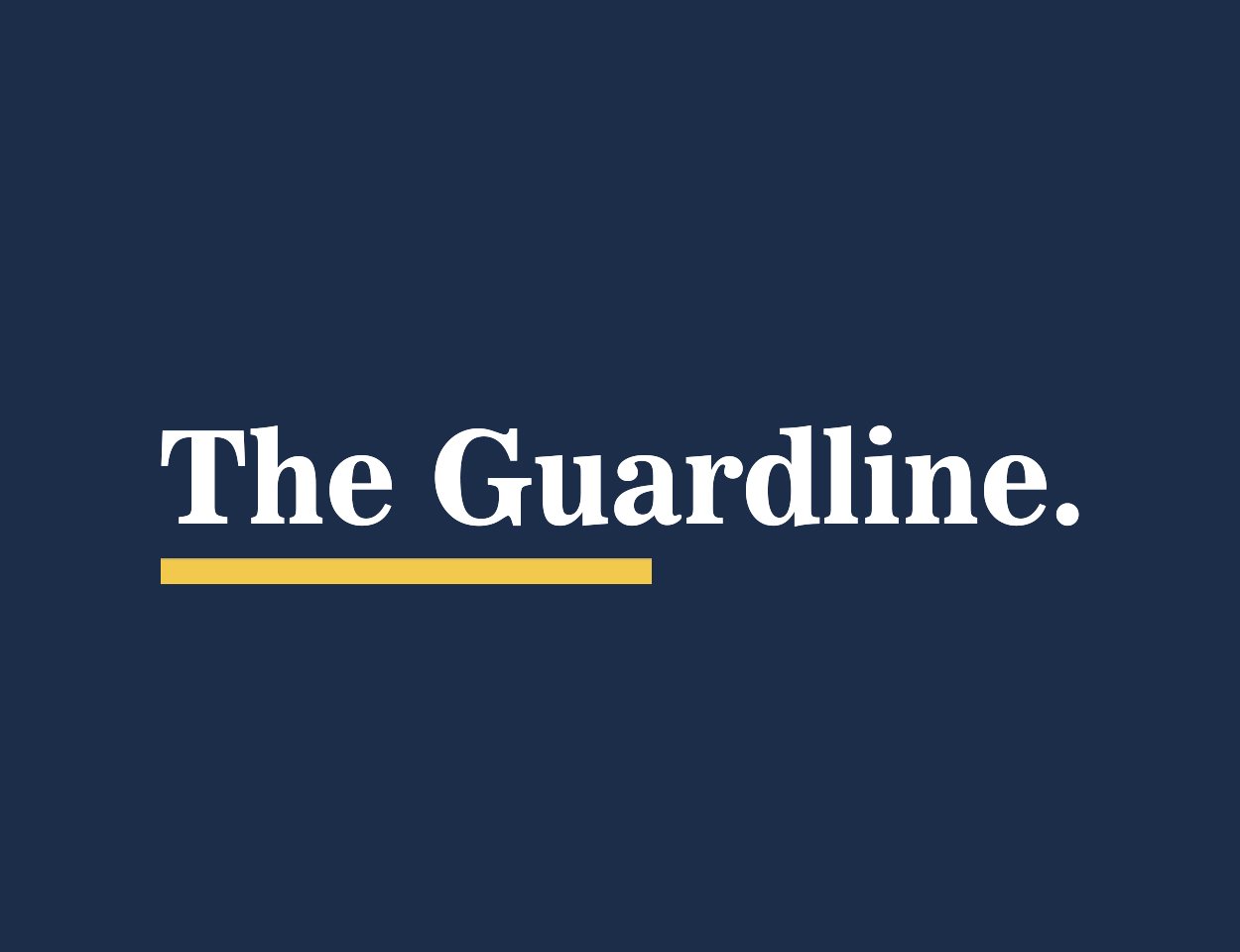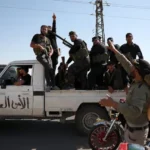Guarding Integrity in Every Headline – The Guardline delivers accurate, evidence-based reporting to protect the truth in every story.
The United States has intensified pressure on Sudan’s ruling military establishment, imposing a new round of financial and trade sanctions on May 22, 2025. The move directly targets the Sudanese Armed Forces and the Sovereignty Council, led by General Abdel Fattah al-Burhan, over verified reports of chemical and biological weapons deployed against civilians during the ongoing conflict.
A Strategic Shift in Washington
Unlike previous, limited sanctions that focused on travel bans and asset freezes for individual leaders, this latest action goes straight to the institutional core of Sudan’s power structure. Washington’s strategy signals a pivot from symbolic pressure to structural consequences, designed to push Sudan’s military leadership toward a political resolution and away from continued escalation.
Sources in Washington confirm that intelligence reports have documented clear evidence of systematic war crimes under the command of al-Burhan, including the use of banned weapons in civilian areas and the suppression of investigations into these atrocities.
Economic Pressure Building
The sanctions package freezes access to credit lines, blocks U.S. exports, suspends government loans, and restricts Sudan’s engagement with global financial systems. While Sudan’s economy is not heavily integrated with U.S. markets, the symbolic and practical effects are significant.
Analysts say these measures deepen Sudan’s economic isolation, raising barriers to foreign investment and international credit, and increasing the risk of a full-scale economic collapse unless the government takes immediate steps toward reform.
Direct Message to al-Burhan
Officials in Washington framed the move as a direct message to the Sudanese leadership: end the war, enter negotiations, and dismantle the influence of Islamist networks inside the military. Failure to act, they warned, will trigger more aggressive steps, including the possibility of invoking UN Chapter VII, a measure that would place Sudan under comprehensive political and economic quarantine.
“This is a critical moment,” a senior U.S. diplomat stated. “Every day the war continues, the costs for Sudan and its leaders will rise.”
The Crossroads Ahead
Diplomatic observers note that tensions within Sudan’s leadership are growing, as hardliners push for continued escalation while others advocate for a controlled retreat to avoid deeper isolation. The humanitarian toll, already catastrophic, continues to mount, with millions displaced and entire regions destabilized.
As global pressure builds, Sudan faces a defining choice: remain entrenched in violence and authoritarian control, or begin a credible path toward civilian governance and democratic transition — the very goal millions of Sudanese risked their lives for during the uprising that toppled Omar al-Bashir.
The Guardline will continue to track developments closely, delivering clear, verified reporting as the international community intensifies efforts to hold Sudan’s leaders accountable and push for a lasting peace.











